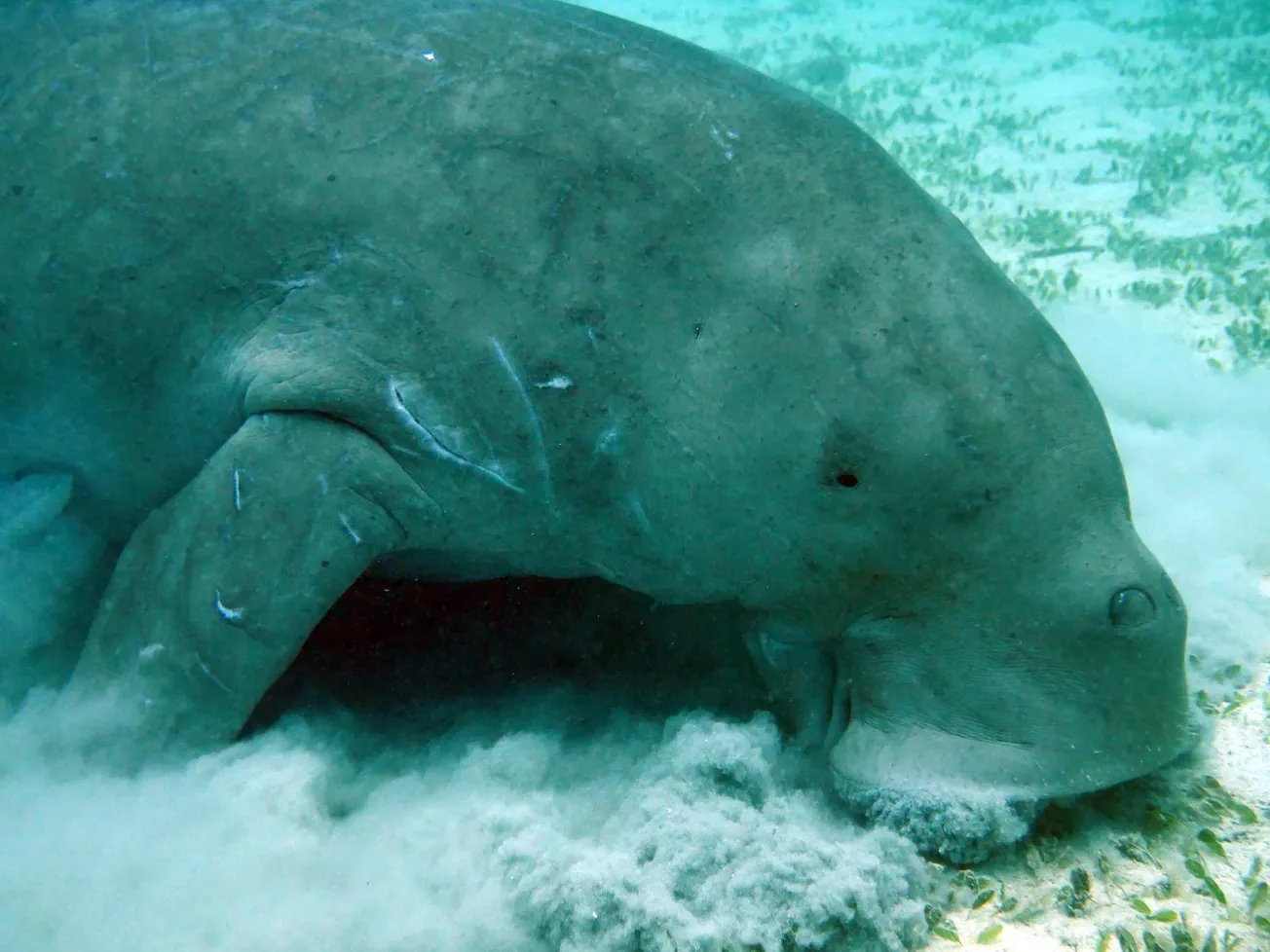Table of Contents
Are dugongs really “functionally extinct” in China? That was the big environmental news, this week. But, as I always warn: When an article claims, “science says…” or “new study shows…”, assume that it doesn’t until proven otherwise. That means you should always try and go to the original source, if you can and if it’s not paywalled as too much research is, and read it for yourself.
Because I can almost guarantee you that the journalist who wrote the “study shows…” article didn’t. They’re almost certainly just repackaging a press release and presenting it to you as news: usually with the most alarming slant they can put on it.
So, what did the media say about the dugong study?
The dugong has become functionally extinct in waters off China, a new study has found.
Researchers from the Zoological Society of London and the Chinese Academy of Sciences said fishing, ship strikes and human-caused habitat loss had seen the number of dugongs in Chinese waters decrease rapidly since the 1970s.
And how did they conclude that?
For the study, scientists conducted interviews in 66 fishing communities across four Chinese provinces along the coastal region of the South China Sea.
ABC Australia
Um, what?
Did they actually, y’know, count dugongs? Well, no. But they did ask a bunch of fishermen for their ‘I Just Reckons’.
We showed two photos and one illustration of a dugong, showing the animal from different angles, and asked respondents whether they could identify it and had ever seen it in the wild, together with information on timing, location and frequency of sightings.
It gets worse. After the ‘I just reckons’ come the apples and oranges comparisons.
Based upon assessment of historical records, recent sightings and temporal trends, we present robust evidence revealing a rapid population collapse and potential functional extinction of dugongs in China.
What, exactly, are the historical records? From the study, it appears that they mostly relied on strandings for any data prior to 2000. Even then, what stands out is that numbers were incredibly low, even prior to the 1950s.
Which puts somewhat into perspective statements like this:
Very few respondents with extensive experience of Chinese coastal ecosystems have ever seen the species, with only three out of 788 respondents reporting sightings from the past five years, and there have been no confirmed records since 2008.
Royal Society Publishing
Yet, the stranding data shows that only a handful of the creatures ever washed up for most of the last 70 years.
Which begs the question: were dugongs ever very plentiful in Chinese waters? Probably not.
Although dugongs are found in warm coastal waters from the western Pacific to the eastern coast of Africa, their range is highly fractured. China probably represented the furthest reach of their range, with likely small populations. The largest populations currently (and possibly historically) are in Australia’s northern coastal waters. As the ABC admits:
If Australia is the dugong capital of the world then the Torres Strait is the dugong capital of Australia and then the most important place for dugongs in the whole world.
ABC Australia
A stable population in Shark Bay numbers over 10,000 dugongs, with similar numbers around the Great Barrier Reef. But the real hotspots are the Gulf of Carpentaria (20,000) and the Torres Strait (25,000).
It appears that, by contrast, the population off the Chinese coast was always small. Which would probably also mean that it was marginal.
If dugongs are “functionally extinct in China” (and even the authors of the paper admit that this is not certain), then it’s a matter of concern, but not exactly worth the shrieking alarm of the media.
But then, shrieking alarm is all the media know.









